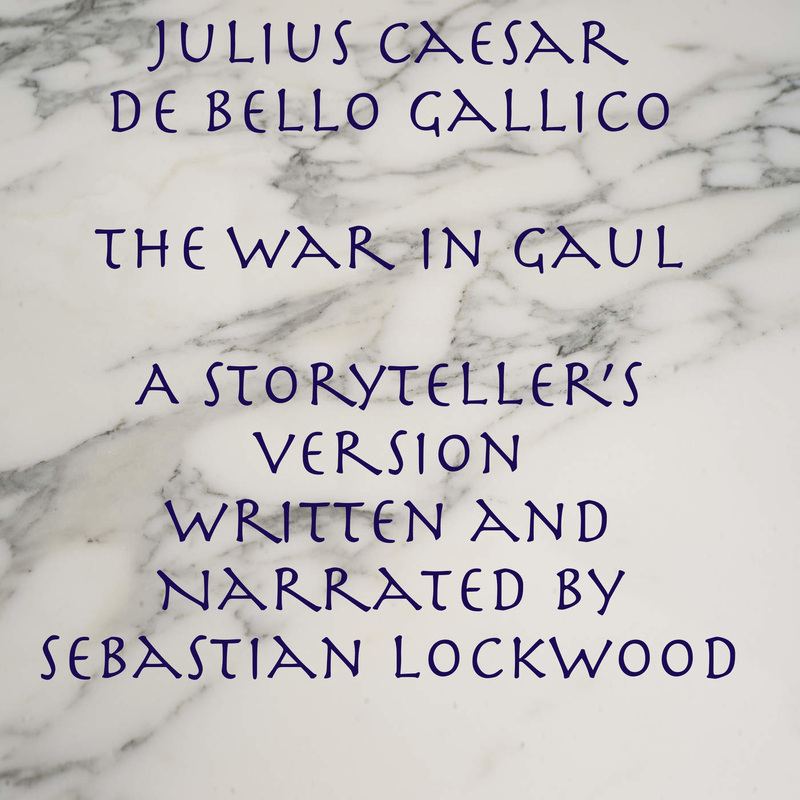 Julius Caesar: De Bello Gallico (The war in Gaul) By Julius Caesar and Sebastian Lockwood 221 Pages Recommended: 4/5 There are two known surviving works written by Julius Caesar: Commentarii de Bello Gallico and (Commentaries on the War in Gaul) and Commentarii de Bello Civili (Comments on the Civil War). The two finished works (and a third unfinished one) provide historians with many insights into Roman history. This book is edited by Sebastian Lockwhood. He rewrote Commentarii de Bello Gallico so that it would be comprehensible to 21st century readers. For example, he uses modern names for regions that Caesar describes. Like the original, Lockwood's version is also written in the third person. (Many Romans of the period wrote their autobiographies in the third person) Caesar wrote the commentaries at a time when his rule was being challenged by enemies in the Senate. As such, it has a strong pro-Caesar propagandistic element to it. Regardless, reading this book completely changed the mental image I had of Caesar. The book describes how barbarians tried migrating into Roman territories, but were turned away. The barbarians trick the Romans, and attack them. This triggers a series of brutal wars where the Romans conquer most of modern-day France. The war also takes Caesar to Britain, where he is defeated, and forced to retreat back into France. Caesar comes off as an extremely intelligent leader who won most of his battles with words rather than swords. Caesar is uniquely merciful compared to most other Romans of his time. He always gave all of his enemies several fair chances to back down. When his enemies would back down, he would always act mercifully. He never broke any treaties, and wouldn't double-cross his allies. For example, several times the barbarians would send emissaries to negotiate with Caesar just for the purpose of buying time for an attack. Even when Caesar knew the intentions of the barbarians, he would always humor the emissaries, and grant them the benefit of the doubt. What strikes me most about Caesar's campaign is his use of engineering to solve military problems. What few battles he couldn't win with words or swords, he won with technology. In order to cross the Rhine into Germany, he built a large wooden bridge in just ten days. He then used this bridge to transport several legions. In another display of engineering, he builds several ships. His men aren't sailors, and don't know how to fight on sea. Despite this, he fashions grappling hooks which tear down the masts of rival warships. Finally, when sieging Vercingetorix, he builds a wall around the city he is besieging. (Which was unprecedented) When the Gauls threaten to attack the wall from behind, he builds a second one facing them on that side as well. Excellent read. Truth is stranger than fiction.
0 Comments
Leave a Reply. |
Thibault SerletMost of my articles are book reviews, but I also write about many other topics. Archives
December 2023
Categories |


 RSS Feed
RSS Feed